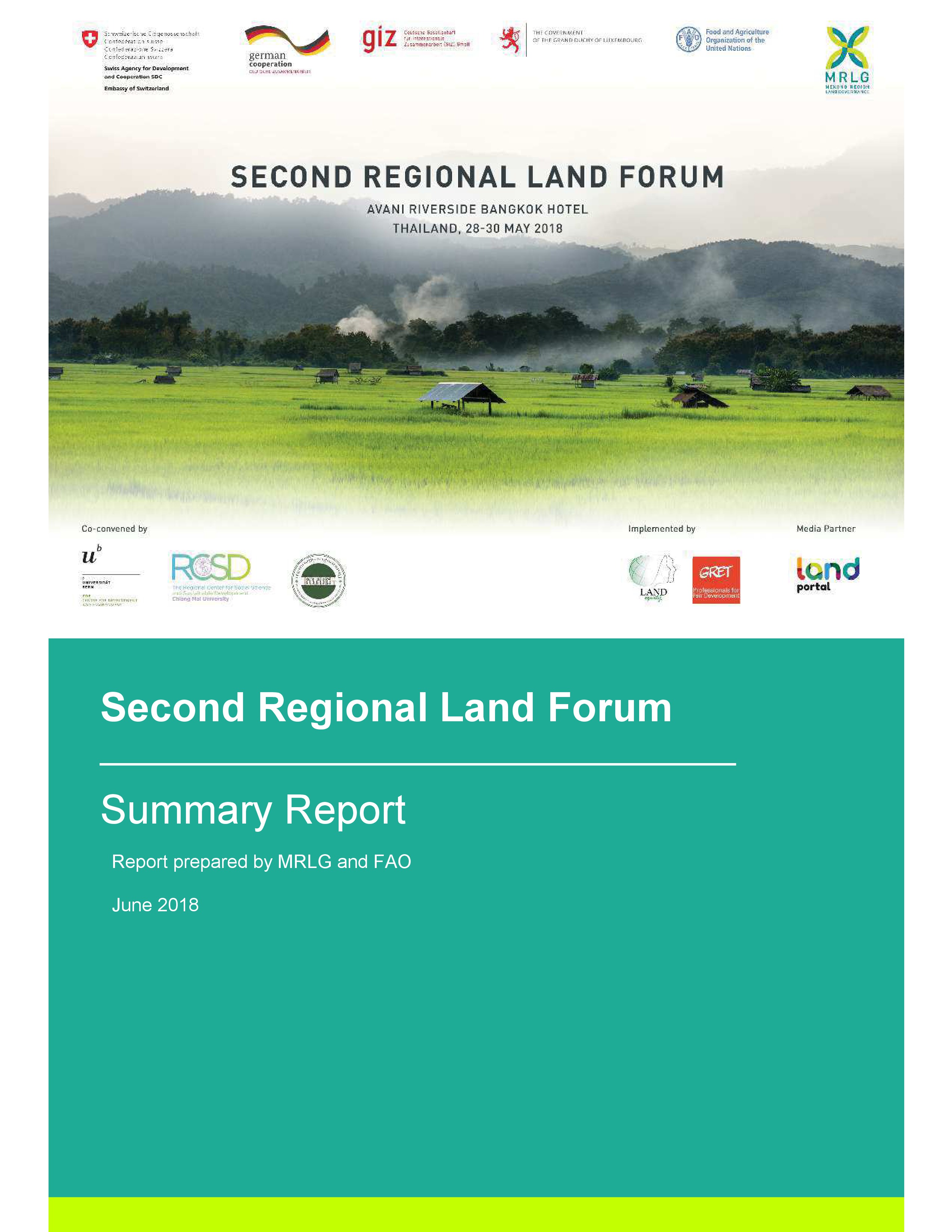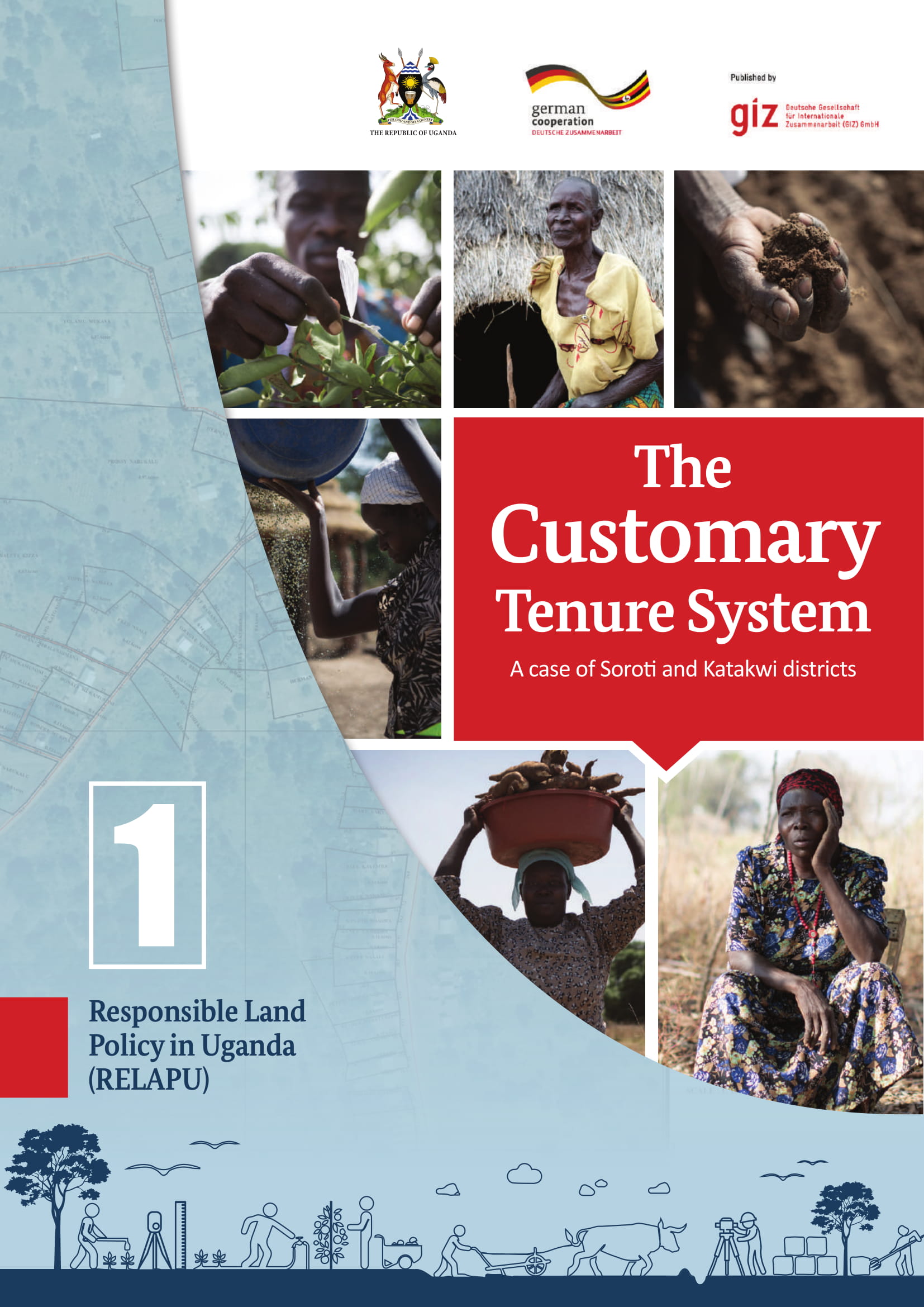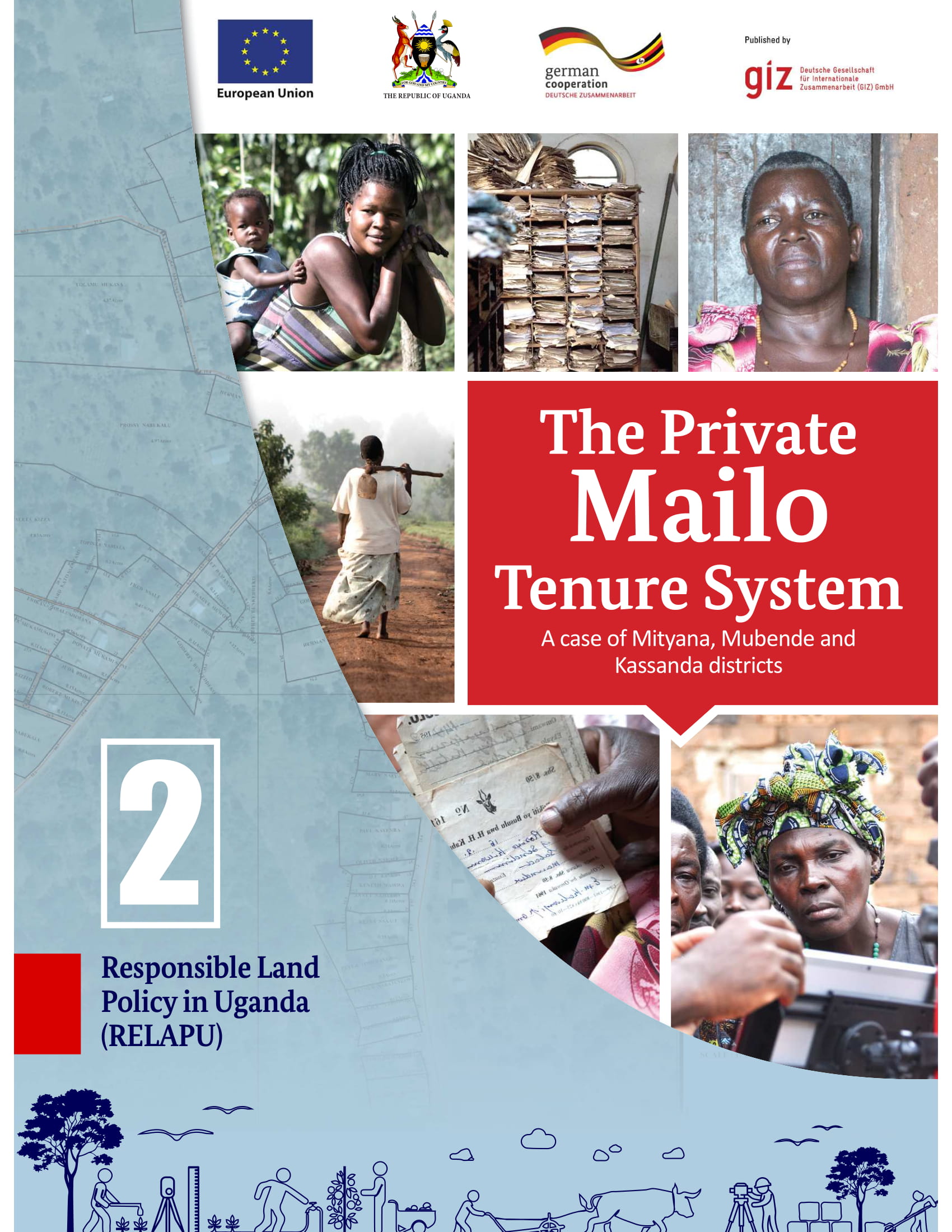
Topics and Regions
GIZ Sector Project Land Governance
Creating livelihoods - securing access to land
On behalf of the German Federal Ministry of Economic Cooperation and Development, the GIZ Sector Project Land Governance supports inovative, tried-and-tested strategies for strengthening governance in the area of land policy and land management in national and international policy processes and initiatives.
In order to facilitate this objective, the sector project follows the follwoing three approaches:
Policy advice and positioning in national and international processes
The project provides advice to the German Federal Ministry for Economic Cooperation and Development (BMZ) on formulating policies and developing strategies in connection with land rights. To this end, the project prepares strategy and discussion papers, statements and thematic contributions to BMZ’s political discussions. The project cooperates here with national and international partners and supports specialist international debate.
Strategy development and knowledge generation
The preparation and development of manuals on issues such as land conflicts, land use planning and large-scale investments in agriculture contribute significantly to the knowledge generations of the Secotr Project. The strategies developed are integrated into knowledge platforms and networks, where they are made available to international cooperation actors. Connections to issues such as gender, forestry, soil conservation, human rights and urban development supplement the project’s advisory services.
Knowledge transfer, mainstreaming and networking
International cooperation actors receive support from the sector project through capacity development measures. These include awareness-raising, training courses and exchange formats for experts and managers in the area of land administration and land rights. Moreover, intensive knowledge management, advisory services for projects abroad and involvement in networks help to spread innovative approaches to improving governance with regard to land.
For further information, please visit our GIZ profile page https://www.giz.de/en/worldwide/79314.html
Details
Public Email
Location
Contributions
Displaying 21 - 30 of 37Good Land Governance: Between Hope and Reality
The paper highlights the fast changes in understanding and conceptualizing the complex topic of land governance, its multi-facetted aspects and inter-linkages to other thematic sectors. Major policy developments, such as state divestiture and increasing private investment into land, and a stronger and more influential role of Civil Society Organizations are addressed in more detail. Capacity development at all levels (e. g. academic, administrative, community, private investors) is identified to be essential for good and transparent governance in the sector.
Environmental Monitoring System - Training Manual
This training manual is designed to give those responsible for undertaking environmental impact assessments the skills and knowledge to conduct environmental monitoring for large-scale commercial farming. It proposes a variety of tools such as exercises and proactive learning, as well as presents key elements of Environmental Monitoring.
Guidelines for the Procedure of Land Identification and Verification for Commercial Agricultural Investment
The promotion of commercialized and mechanized agriculture is considered as one possible contribution to the further economic development efforts in Ethiopia. In addition to the traditional farming sector, which is predominantly characterized by smallholders and subsistence farming, large-scale agricultural investments are expected to provide input for the processing industry, bring foreign currency as well as technology transfer to the country.
Initial Valuation Concept for Compensation Purpose
Due to the rapidly growing population in Ethiopia, land is becoming scarce resource. This often results in an increased land use conflicts. Rapid urban expansion, large infrastructure projects in urban as well as in rural areas and an increasing demand for farmland often leads to displacement of the local population. Small holders are expropriated, forced to leave their farms and lose their livelihoods.
Procedures, Practices and Issues Related to Leasing of Land for Large Scale Agricultural Investments
Large-scale agricultural investments (LSAI) in Ethiopia are expected to provide input for the processing industry and to bring foreign currency as well as technology transfer to the country, while the local communities will benefit from employment and infrastructure improvements related to these investments. But the results of investment projects have been rather limited so far. In the past, the land identification (and verification) process for LSAI, due to various reasons, was not implemented with the required accuracy, which often resulted in environmental and social problems.
Monitoring Scheme for Monitoring Large Scale Agricultural Investments in Ethiopia
This manual illustrates a monitoring scheme for monitoring large-scale agricultural investments. It aims at providing orientation for establishing a monitoring scheme and implementing monitoring activities in the framework of LSAI with the collaboration of the authorities responsible for leasing out land to agricultural investors and supervising related activities. While focused on Ethiopia, it will be a useful resource for other countries too.
Social and Environmental Code of Practice (SECoP) for Responsible Commercial Agriculture in Ethiopia
The Social and Environmental Code of Practice (SECoP) for Responsible Commercial Agriculture is designed to help investors in ensuring that their investments are inclusive, sustainable, transparent, and respect human rights. While it focuses on Ethiopia, it will be a useful resource for investors and companies operating in other countries.
Second Regional Land Forum
Following the success of the inaugural Regional Land Forum in Hanoi in 2016, the Second Regional Land Forum was held from 28-30th May, 2018, in Bangkok. The Regional Land Forum aims to provide a multi-stakeholder platform for networking and dialogue on land governance issues across the Mekong region, particularly Cambodia, Laos, Myanmar and Vietnam (CLMV). The Second Regional Land Forum attracted 280 participants – comprising government, private sector, civil society, researchers, community members, donors, development partners a
The customary tenure system
Land in Uganda is a delicate topic. About 80% of pending court cases in the country today are land related. One of Uganda’s tenure systems is the management of land according to customary tenure, especially in Northern Uganda, including the Teso sub-region. With its violent history, a rising population and increasing impact of climate change on agriculture productivity, land rights in Teso are contested to this day. Due to its violent history and socio-cultural changes, less than 1% of customary land is officially registered.
The private Mailo tenure system
Mailo is a unique tenure system in central Uganda. It is divided into three parts: Kabaka’s Mailo, Official Mailo and Private Mailo. Private Mailo belongs to an individual, so-called landowner and it can be sold, subdivided or transmitted. Conflicts on private Mailo can occur between landowners & tenants, tenants & tenants, and landowners & landowners. A key challenge is that there is a lack of knowledge and transparency on land rights on both sides.




